When it comes to our pet friends tooth care might not be the first thing that springs to mind. However just like people dogs need good tooth care to stay healthy and happy. Let’s look into why dog dental care is crucial and get some expert tips on keeping those canine chompers in top shape.
Table of Contents
ToggleWhy dog dental care is important
Understanding how dog teeth work
Dogs may not smile like we do but their tooth health is just as important. To appreciate why it helps to understand their oral anatomy. Dogs usually have 42 teeth compared to the 32 that people sport. These teeth are made for specific purposes including breaking meat crunching bones and grinding food.
Dog teeth are divided into incisors canines premolars and molars. Each type plays a role in your dog’s ability to eat and chew successfully. But without good care these teeth can become troublesome. Plaque and tartar can build up leading to oral diseases that can affect not just the mouth but the entire body.
Common Dental Problems in Dogs
Dental problems in dogs are more common than you might think. Periodontal disease is the most common harming 80% of dogs over the age of three. This disease starts with plaque which forms into tartar and leads to gingivitis the inflammation of the gums. If left ignored it can progress to periodontitis causing serious damage to the gums and teeth.
Other common dental problems include broken or cracked teeth infections abscesses and mouth tumors. These problems can cause significant pain and discomfort hurting your dog’s ability to eat and even leading to behavioral changes.
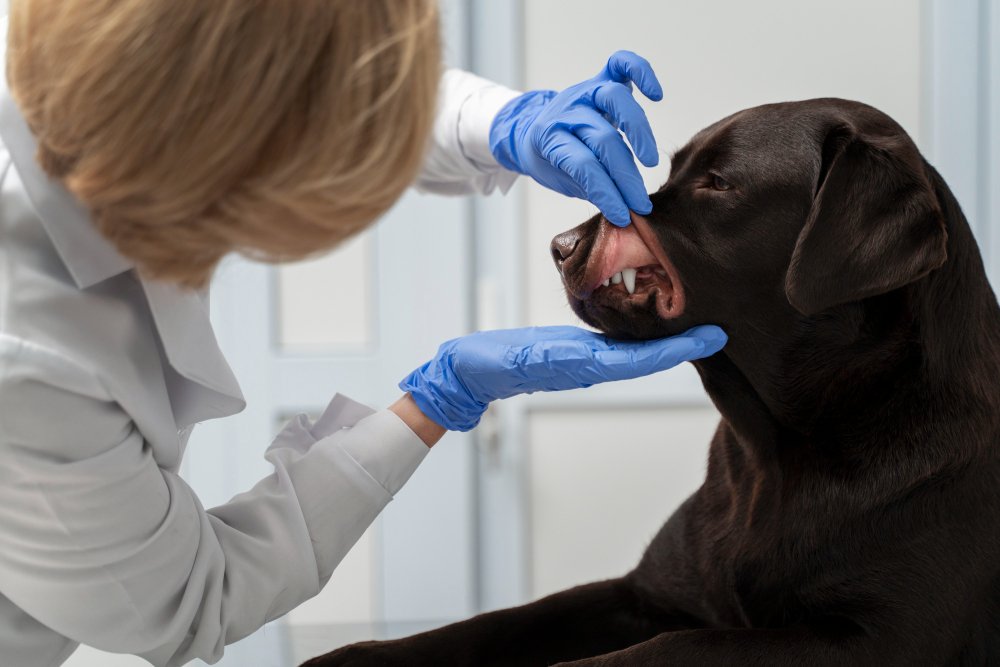
Impact of Poor Dental Hygiene on Overall Health
Poor oral care doesn’t just affect your dog’s mouth; it can have far-reaching effects for their general health. Bacteria from tooth illnesses can enter the bloodstream and affect major organs like the heart brain and kidneys. This can lead to dangerous diseases such as endocarditis a possibly deadly heart infection.
Moreover tooth pain can make eating difficult leading to weight loss and starvation. Chronic pain can also affect your dog’s mood and behavior making them more restless and less active.
Signs Your Dog Needs Dental Attention
Bad Breath (Halitosis)
While dog breath isn’t supposed to smell like roses overly bad breath can be a sign of teeth problems. Halitosis is often caused by bacteria in the mouth which can signal gum disease or other tooth problems.
Visible Tartar and Plaque
Tartar and plaque are clear signs of oral neglect. Tartar shows as a yellow or brown substance on the teeth especially around the gum line. It’s a solid form of plaque which is a sticky film of germs. Regular brushing can help avoid plaque buildup but once it turns into tartar expert cleaning is needed.
Red or Bleeding Gums
Healthy gums should be pink and strong. Red swollen or bleeding gums are signs of gingivitis an early stage of periodontal disease. If you notice these signs it’s time for a tooth check-up.
Difficulty Eating or Chewing
If your dog seems unwilling to eat or chew or if they drop food from their mouth they could be having tooth pain. Broken or loose teeth abscesses or serious tartar buildup can make eating painful.
Excessive Drooling
While some dogs are naturally droolers a rise in drooling can suggest teeth problems. Pain or pain in the mouth can cause excessive salivation.
Pawing at the Mouth
Dogs may paw at their mouths if they’re feeling pain or soreness. This behavior can suggest a variety of problems from a trapped foreign item to a tooth condition.
Preventive Measures for Dog Dental Care
Regular Brushing
Brushing your dog’s teeth is the cornerstone of good dental health. Use a toothbrush and toothpaste especially made for dogs. Human toothpaste can be dangerous if eaten. Aim to brush your dog’s teeth at least three times a week but daily brushing is best.
Dental Treats and Chew Toys
Dental treats and chew toys can help reduce plaque and tartar buildup. Look for goods recommended by the Veterinary Oral Health Council (VOHC). These things are meant to promote eating and help clean your dog’s teeth as they gnaw.
Professional Dental Cleanings
Even with regular brushing expert cleanings are important. Veterinarians can perform thorough cleanings that reach places you might miss. These cleanings often require anesthesia to ensure your dog stays still and comfy.
Healthy Diet
A healthy diet adds to general health including tooth health. Dry food can help scrape away plaque while some carefully made meals are meant to improve mouth health. Avoid giving your dog sweet or sticky foods that can add to plaque growth.
Regular medical check-ups should include teeth checks. Your doctor can spot possible problems early and suggest suitable solutions. Annual dental checkups are usually suggested but some dogs may need more frequent trips based on their oral health.
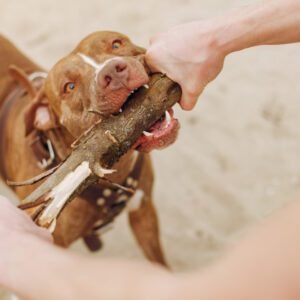
Effective Home Care Practices
Introducing Toothbrushing to Your Dog
Start by getting your dog used to having their mouth touched. Gradually introduce the toothbrush and toothpaste allowing them to sniff and taste it. Begin by gently brushing a few teeth at a time gradually increasing the length as your dog becomes more comfortable. Reward them with praise and treats to create a good connection.
Using Dental Wipes and Gels
Dental wipes and creams can be useful options if your dog fights brushing. These items are meant to reduce bacteria and improve breath. Wipe your dog’s teeth and gums daily or as directed by your vet.
Incorporating Dental Sprays
Dental sprays can help control germs and improve breath. These sprays are easy to use and can be applied straight to your dog’s teeth and gums. Look for goods with natural materials and no dangerous chemicals.
Chew Toys and Dental Chews
Provide your dog with plenty of chew toys and teeth chews. These can help keep their teeth clean and provide mental exercise. Rotate the toys to keep your dog’s interest and ensure they don’t become bored.
Dietary Supplements
Some food products can improve tooth health. These products often contain enzymes or bacteria that help reduce plaque and support general mouth health. Consult your vet before adding any vitamins to your dog’s food.
Professional Dental Care for Dogs
The Role of Veterinarians
Veterinarians play a crucial part in keeping your dog’s teeth health. They can provide skilled cleanings identify tooth problems and suggest solutions. Regular medical visits are important for early identification and control of tooth problems.
Understanding Professional Cleanings
Professional cleanings involve more than just scraping away tartar. They include a full check of the teeth and gums scaling to remove plaque and tartar cleaning to smooth the tooth surface and fluoride treatments to strengthen the teeth. These cleanings often require drugs to ensure your dog is comfortable and still during the process.
When to Seek Immediate Veterinary Care
Some dental problems require quick care. If your dog shows signs of serious pain swelling bleeding or has a broken or loose tooth seek medical care right away. Prompt care can avoid complications and ease pain.
Check out some other suggestions:
FAQs
Ideally you should brush your dog’s teeth daily. However if this isn’t possible try for at least three times a week. Regular brushing helps avoid plaque and gum buildup lowering the risk of oral illnesses.
While oral treats can help reduce plaque and tartar they shouldn’t replace brushing. oral treats are an extra measure and regular brushing is still the most effective way to keep your dog’s oral health.
Yes sedation is usually safe for dogs especially when given by a trained doctor. It ensures your dog stays still and pain-free during the cleaning. Your vet will review your dog’s health before the operation to reduce any risks.
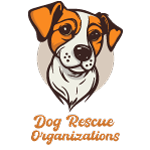
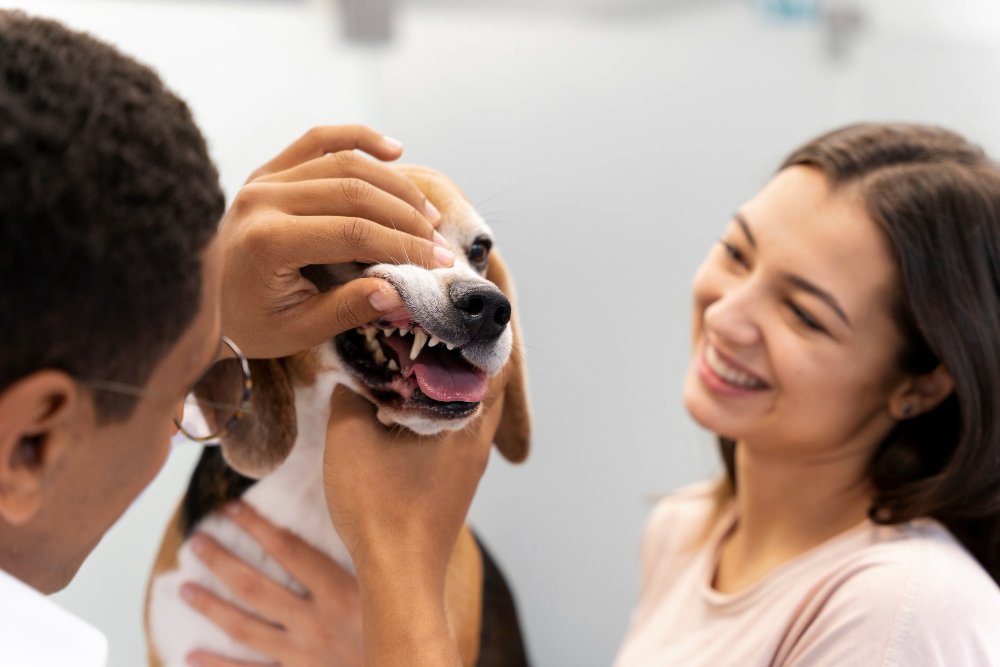
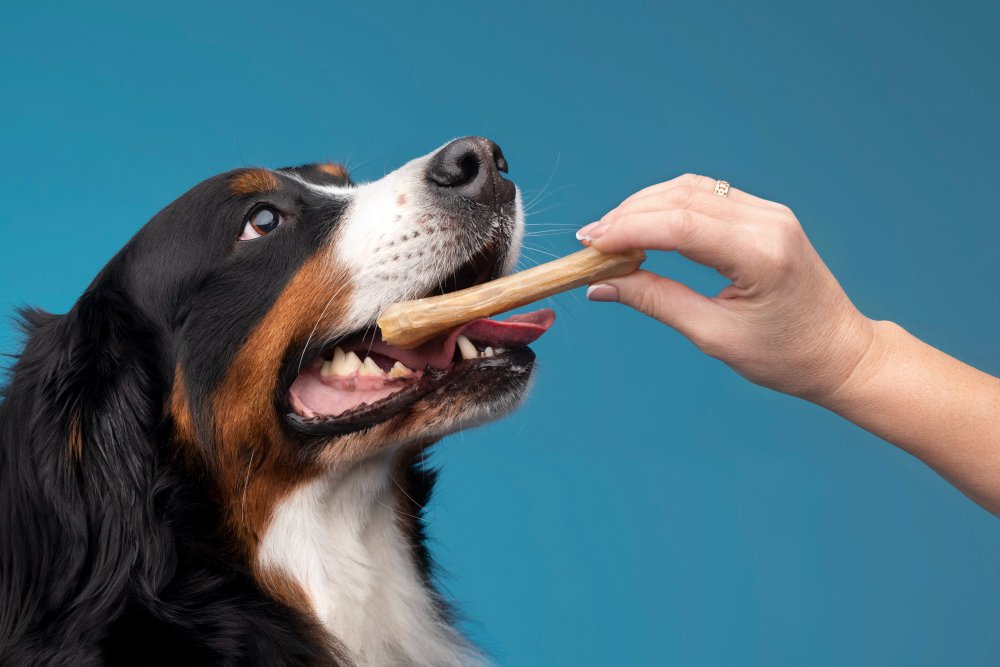
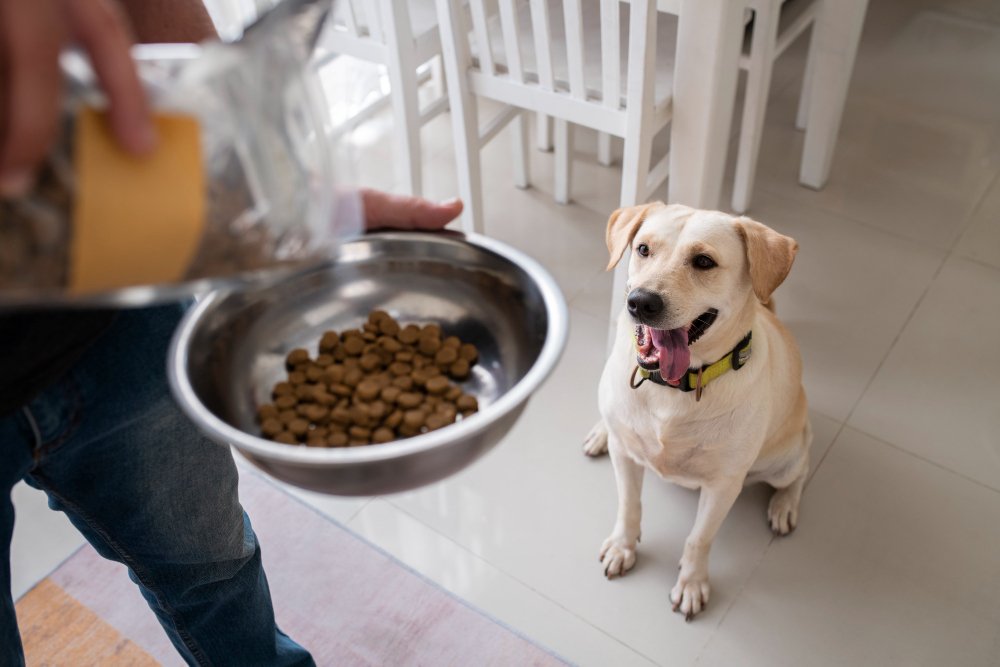

2 thoughts on “Why Dog Dental Care Matters: Expert Advice for Pet Owners”